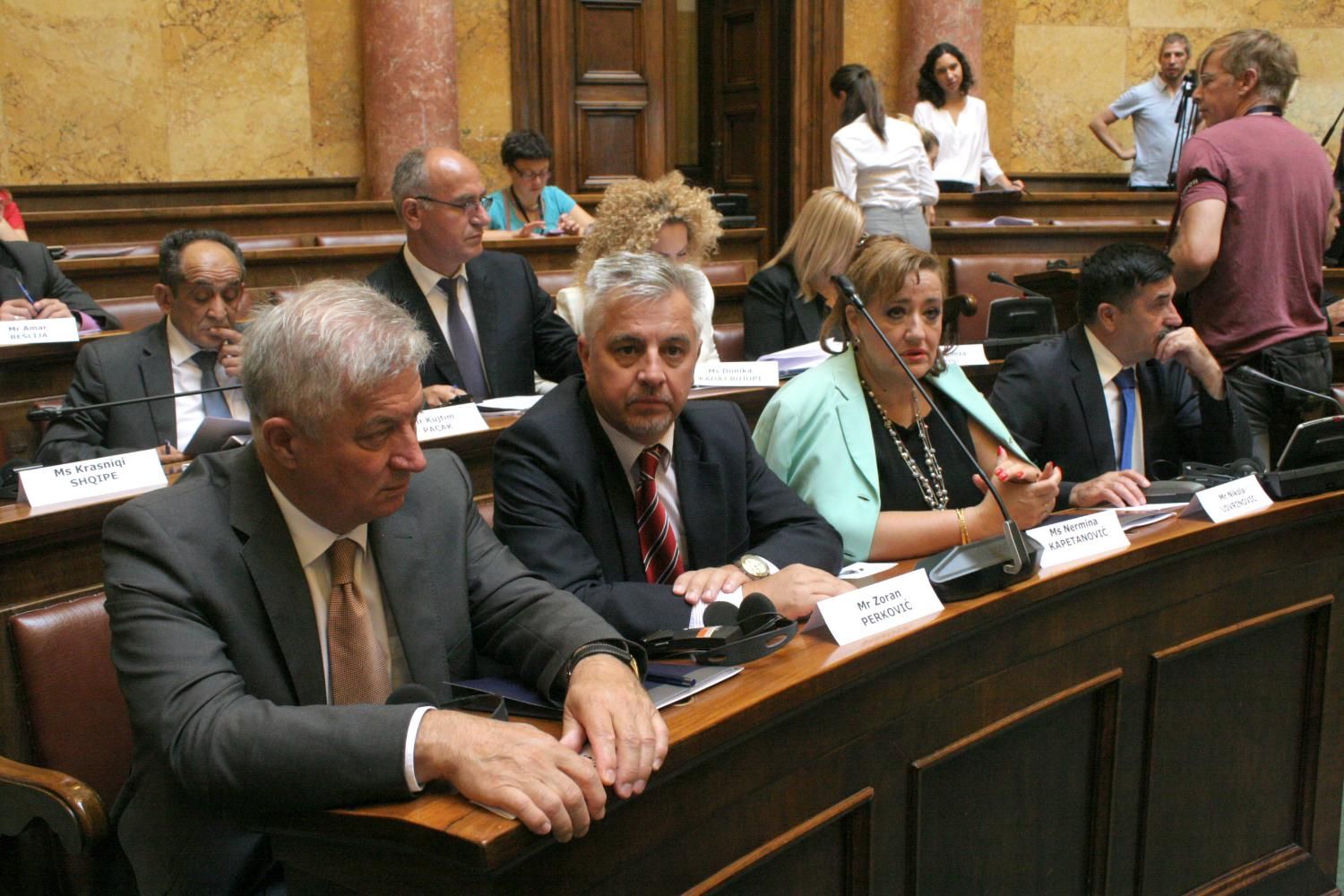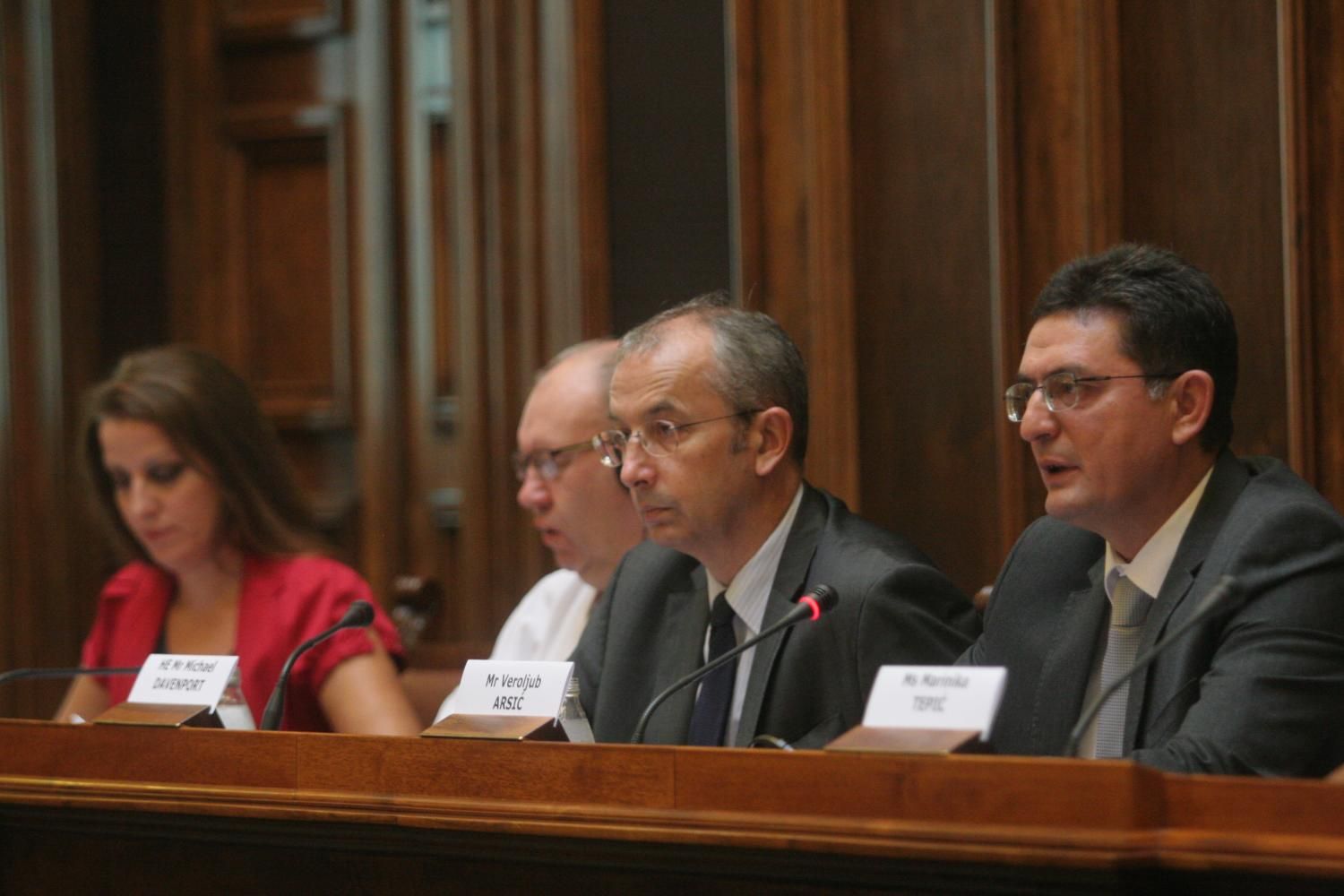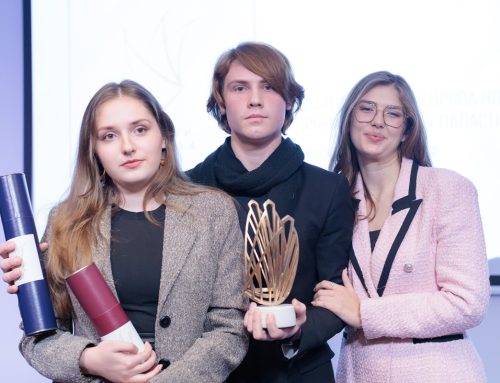Head of the EU Delegation to Serbia Michael Davenport said Serbia was the largest recipient of EU funds in the Balkans, and perhaps in the world, adding that the Delegation was implementing some 600 projects in close cooperation with Serbian authorities.
“We should always bear in mind that those in charge of implementation, drafting, evaluation and allocation of IPA funds are in fact the ones who manage EU taxpayers money, in an attempt to transform the societies in the region and prepare them for EU accession,” Davenport said.
He said that there was a political commitment, both among EU Member States and Union institutions, to enlargement strategy.
“The way we allocate IPA funds, in the form of tangible assistance, operative and functional support, proves our commitment,” EU Ambassador Davenport said.
According to him, the EU Delegation to Serbia works in close cooperation with both central and local governments as well as business sector and NGOs.
Davenport named a few of the IPA-funded projects in Serbia – the construction of facilities for migrants and internally displaced persons, setting up of a visa-free travel regime, education.
“We have supported the accession process, institutional capacity building, we invested in public administration reform, establishment of new institutions, such as independent regulatory bodies. The progress was also made in the area of environment, we have invested a lot in thermal power plant ‘Nikola Tesla’,” Davenport said.
At the National Assembly of Serbia where the conference “Monitoring IPA: Achievements and Challenges” took place, Davenport said the EU was always standing ready to help in emergency situations, such as the 2014 floods.
“There are challenges in terms of the utilisation of funds. In case of Serbia, and the region, one of the constant challenges is the existence of too many strategies across sectors, that are not compatible with one another,” Ambassador said.
“Another challenge is that action plans lack details, especially regarding expenditures,” he said and added that another issue was institutions’ capacity to absorb funds.
Davenport said the IPA 2 cycle (2014-2020) was being programmed with Serbian Government, with a particular focus on energy, environment, the rule of law reform.
National Assembly Deputy Speaker Veroljub Arsic said the EU accession was Serbia’s top foreign policy priority.
Arsic said the EU put EUR1.4 billion in the period 2007-2013 at Serbia’s disposal, adding that the similar amount of money would be made available in the next cycle.
According to Arsic, a country must be familiar with European Commission’s priorities in order to use the IPA funding.
It is important to improve public administration in order to increase the level of funds utilisation, Arsic said.
He said MPs were in charge of monitoring the use of funds and urging the executive branch to use funds in a more efficient manner.

Deputy Head of the Serbian European Integration Office Ana Ilic said the EU would put EUR1.5 at Serbia’s disposal within the IPA 2.
It is much too early to discuss achievements and results of the IPA 2. Next year will be the first opportunity to assess the progress, Ana Ilic said.
According to her, IPA 2007-2013 results are good and the level of contracted funding is above 85 per cent, until and including February 2016.
By mid-2017, we expect the remaining money would have been contracted as well, Ilic said.
The transfer of management authority over IPA funds, from the EU to national institutions, might pose a challenge, she said.
In some countries, such transfer led to a decline in the level of funds utilisation, Ana Ilic warned.




